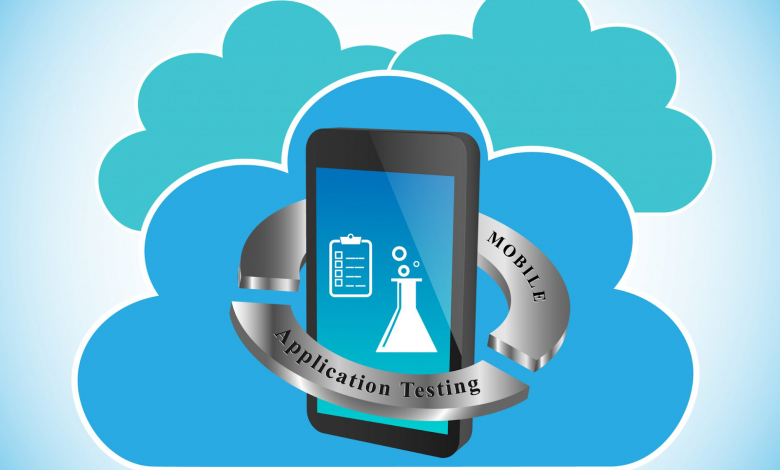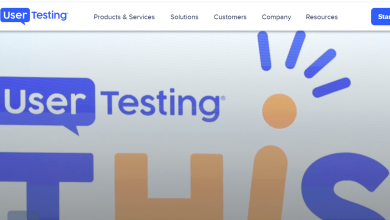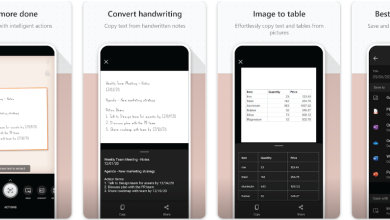Internet
Challenges in achieving mobile app automation testing

Mobile app automation testing means testing a mobile application via an automation tool. Mobile testing is known to be more difficult when compared to web or desktop testing. And since many of the users prefer mobile applications, the app needs to be a quality one. To make the application a quality one, mobile app automation testing is mandatory. There are many benefits achieved when you carry out mobile app testing, but everything has its boon and bane. And so is for mobile app automation testing. Certain challenges come when you test. A comprehensive list of challenges is mentioned below:
Challenges of mobile app automation testing:
- Several Networks: When testing devices connected to several networks, the QA team faces a lot more problems. In general, 2G, 3G, and 4G mobile data are available. These offer various data transfer speeds and transmission options. Even today, the testers have challenges due to the different speeds of networks provided by various providers. In this situation, testers must ensure that the app works well at various network speeds and connectivity quality and monitor the app’s bandwidth usage. It is difficult to solve because it is somewhat controlled based on different network providers and connectivity access in different locations.
- Time to Market the App is Reduced: The impossible deadlines set may have a significant impact on mobile app testing, which necessitates suitable requirements, design, development, and eventually testing. The many stages of mobile development are linked, and testing must be followed upon. Users expect a mobile app to be delivered in less than 20 days, which slows down the testing process. For effective testing and subsequent deployment, ample timescales must be set.
- Localization: One of the most challenging aspects of mobile app testing is localization. It’s not just about changing the app’s language; it also depends on how the app interacts with the other applications on the mobile device and how users feel about changing the app’s language to their own. Every additional language added to the app should be viewed as a fresh opportunity to break into a new market, but it will still be a challenge to overcome.
- Variety of Devices: Availability of a large variety of mobile devices, ranging from handsets to smartphones, tablets, pads, and wearable gear, gives a wide range of contexts in which your mobile app must operate. Furthermore, even if a tested program works perfectly on one device, the quality team cannot guarantee that it will perform flawlessly on another device from the same product family because screen resolution, CPU, memory, OS optimization, and hardware may change.
- Agile Development: Agile development is not a mobile testing problem in and of itself, but it is one of the more challenging aspects of producing a mobile app. Mobile app development should be agile to respond fast to changes and user requirements. Being agile involves gaining agility throughout the process, which can be accomplished daily by improving the process, creating short sprints for each new feature/bug repair, and making the entire process more dynamic.
- OS updates regularly: Mobile operating systems are constantly evolving. Both Android and iOS have over ten different operating system versions. They continue to improve and update their versions in order to provide better performance and user experiences. Because testers must validate the entire application with each new OS release, this frequent OS update poses a testing difficulty. It is critical to test the program with the most recent OS update; otherwise, app performance will suffer, and users will stop using the app.
- Touchscreen Display: Today, touch screens enable the display and input of data, and they are a primary source of human engagement. The signals or signs that comprise an indication in the data input process also pose a problem in the testing process, as touch screen testing must be more intricate and stable.
- Context Awareness: It’s a long-standing difficulty in mobile app testing that necessitates new methods and testing approaches. With data from the surroundings, context can limit or enhance the operation of mobile applications or their features. Mobile applications are used in various situations and with a variety of data, which itself is a challenge in the testing process.




